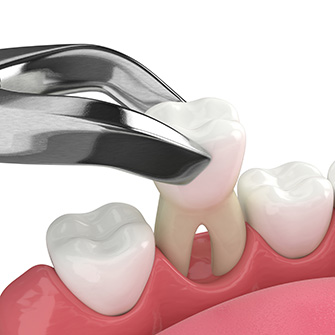Dental Implants in LaGrange, Georgia
The Roots of Your New Smile
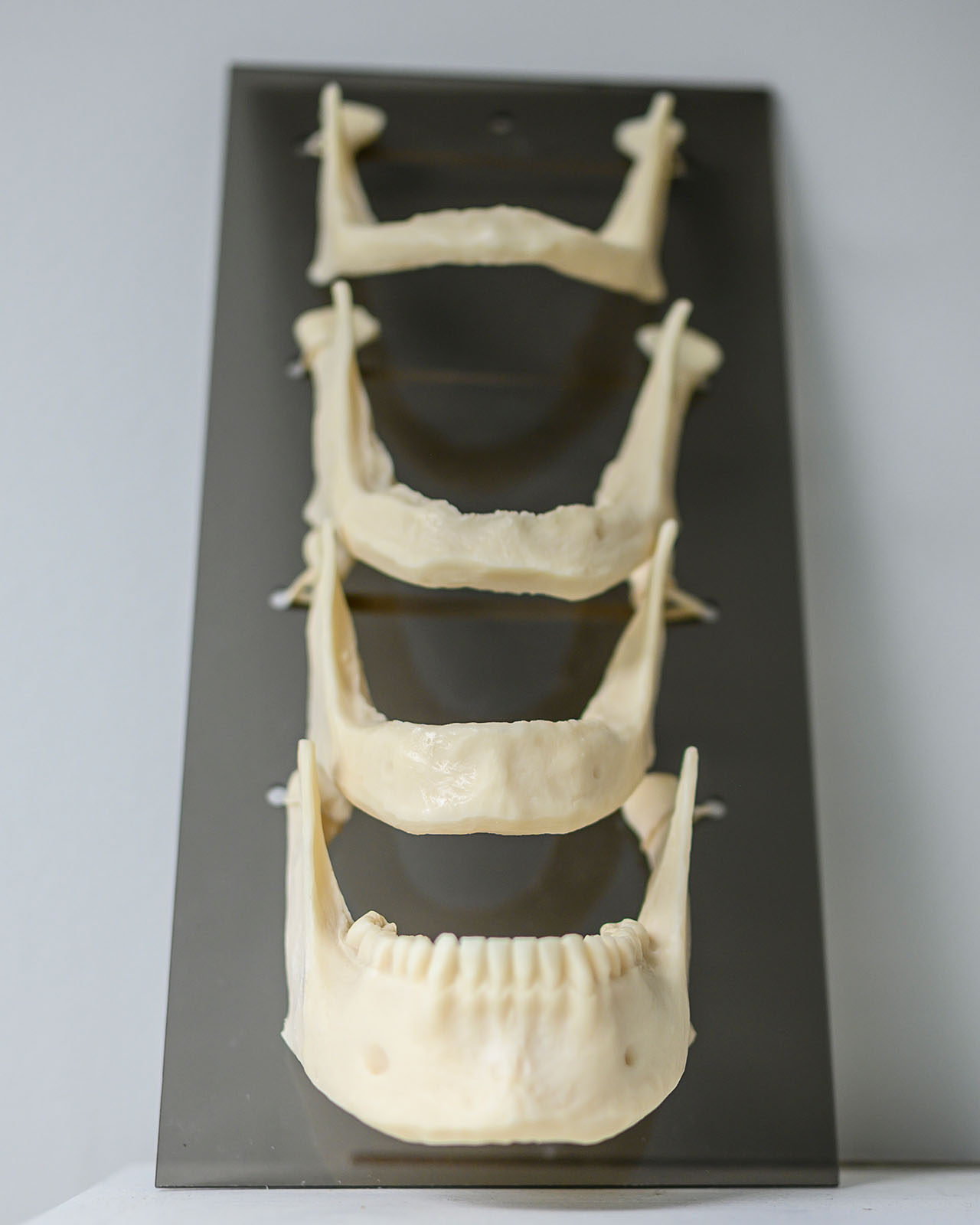
Dental Implants in LaGrange, GA
There are several ways you can replace a tooth or restore a smile. Various dental implant procedures exist that allow your new smile to practically become a part of your body. Our team provides dental implants that seamlessly join with your jawbone and act as artificial tooth roots, giving your prosthetic much better stability and longevity. The expert touch of our award-winning staff ensures your procedure has the highest possible chance of success.
Why Choose LaGrange Oral Surgery & Implant Center For Your Dental Implant Procedure?
- Treatment handled by an experienced oral surgeon and award-winning staff
- Streamlined procedures to restore your smile in as little as one day
- Guided dental implant surgery and other state-of-the-art technology

What Are Dental Implants?
A dental implant is a small titanium screw that is designed to replace the roots of a missing tooth. Titanium is a biocompatible material, so once the dental implant is inserted into the jawbone, it will fuse with it to become a natural part of your jaw. This creates a strong, reliable foundation for whatever restoration is supported on top of the dental implant. One or more implants can be used with crowns, bridges, partials, and full dentures to replace any number of missing teeth. Dental implants look, feel, and function just like natural teeth.
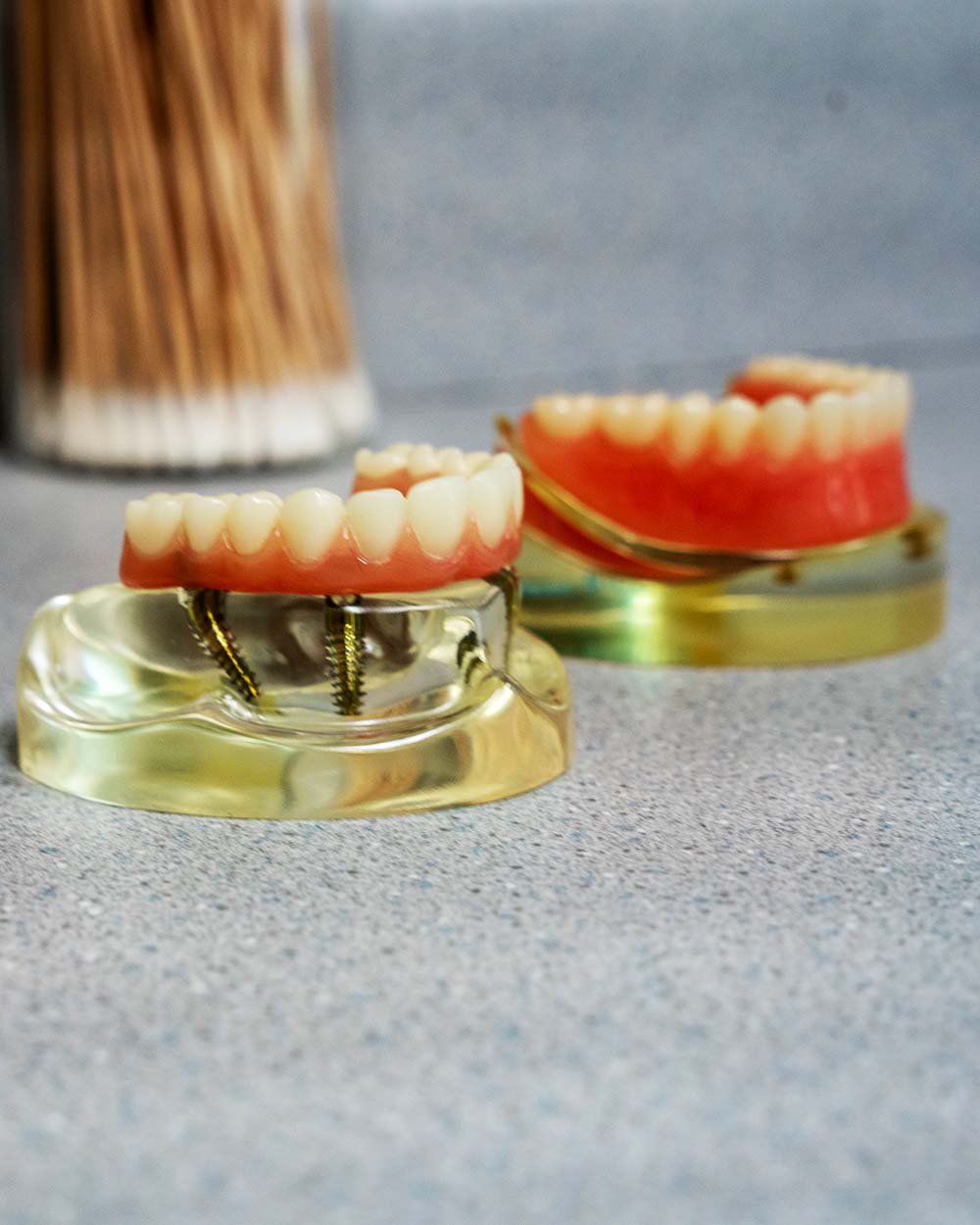
How We Restore Your Smile
All-on-4 Implants
All-on-4 is an innovative treatment designed to revitalize a full row of teeth in as little as one day. While single implants can only support individual crowns, a full row of teeth can be successfully anchored to just four posts when using the All-on-4 procedure. Patients can achieve a beautiful new smile in just one day of treatment!
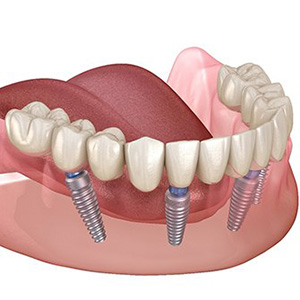
Extractions
Losing just one tooth can affect the way you eat and speak, and it can have serious implications for your oral health later on. Saving the tooth is therefore always preferable to losing it. There are cases where teeth are so badly compromised that they must be removed to protect the rest of the mouth.
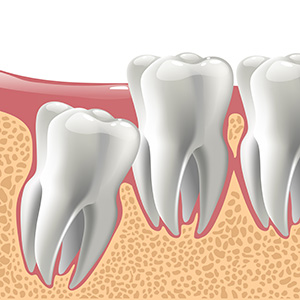
Implant Dentures
Dental implants are a viable option no matter how many teeth need to be replaced. If you’ve lost all the teeth in your upper or lower arch, dental implants and a customized denture can help to fill in the space so that you can keep eating, speaking, and smiling to the best of your ability.
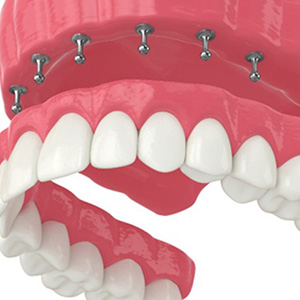
General oral Surgery
At LaGrange Oral Surgery & Implant Center, you can enjoy the benefits of advanced technology at a small-town oral surgery office. Dr. Mykle Jacobs has over two decades of oral surgery experience and makes sure you stay as comfortable as possible during your treatment.
